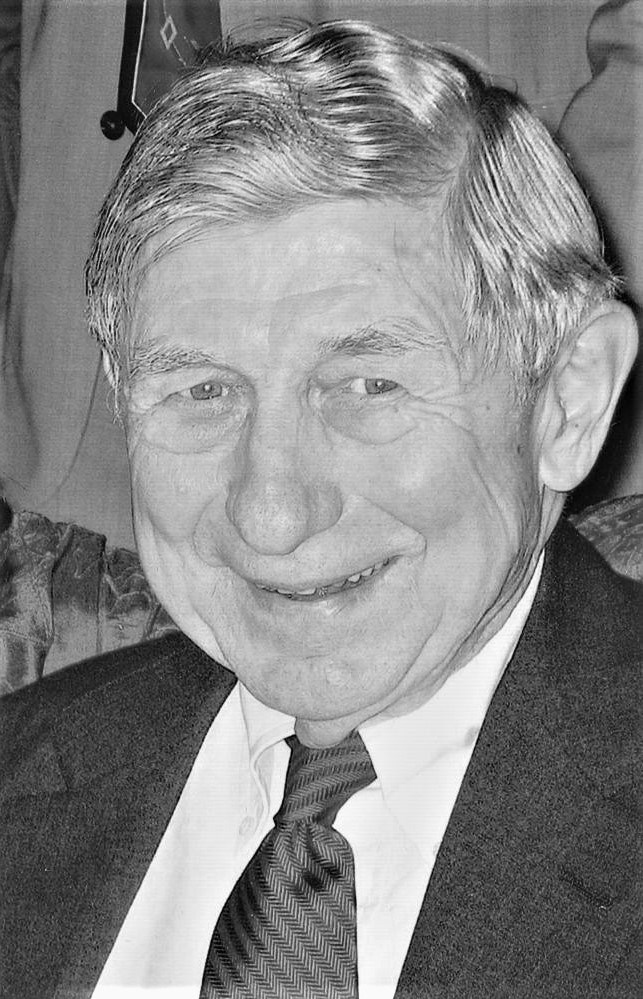Is Russell Wilson’s legacy defined solely by his ethnicity and background? A bold statement emerges when exploring the depth of his ancestry: Wilson stands as a testament to resilience, tracing back to a great-grandfather who gained freedom during the American Civil War. This narrative is not just about football prowess but an intricate tapestry of heritage and identity.
Russell Wilson, the celebrated quarterback for the Denver Broncos, has become more than just a sports icon. His journey transcends athletic achievements, weaving through layers of personal history that resonate deeply with fans worldwide. Born into a family rooted in African-American culture, Wilson carries forward a lineage marked by struggle and triumph. His parents, Harrison Wilson III and Tammy Wilson, have played pivotal roles in shaping his values and work ethic. Beyond the gridiron, Wilson's story invites us to delve into questions of race, ethnicity, and identity—issues that continue to shape modern America.
| Bio Data | Details |
|---|---|
| Full Name | Russell Carrington Wilson |
| Date of Birth | November 29, 1988 |
| Place of Birth | Richmond, Virginia, USA |
| Nationality | American |
| Ethnicity | African-American with American Indian ancestry |
| Parents | Harrison Wilson III (Father), Tammy Wilson (Mother) |
| Spouse | Ciara (Musician) |
| Profession | American Football Quarterback |
| Current Team | Denver Broncos |
| Net Worth (Approx.) | $150 million USD |
| Reference Website | NFL Player Profile |
Wilson’s career trajectory mirrors his life story—an ascent fueled by determination and skill. From his early days playing college football at North Carolina State University and later transferring to Wisconsin, where he led the Badgers to a Big Ten Championship, Wilson quickly established himself as a formidable force on the field. Drafted by the Seattle Seahawks in 2012, he soon became their starting quarterback, leading them to multiple playoff appearances and a Super Bowl victory in 2013. His leadership qualities and strategic acumen earned him accolades both within and outside the sport.
However, Wilson’s impact extends beyond touchdowns and championships. In recent years, he has been vocal about issues related to racial equality and social justice. Through platforms like Finding Your Roots, Wilson and his wife Ciara explored their ancestral roots, uncovering stories that highlighted the complexities of African-American identity. One revelation involved learning about his great-great-grandfather, a former slave who gained freedom after the Civil War. Such discoveries not only enriched Wilson’s understanding of his own heritage but also underscored the importance of acknowledging shared histories.
Despite these accomplishments, Wilson has faced criticism regarding perceptions of his racial identity. Some argue that labeling him as either black enough or insufficiently representative of African-American culture oversimplifies the nuances of multiracial experiences. Critics suggest that such discussions often overlook the broader context of how race intersects with class, opportunity, and societal expectations. For instance, Wilson’s upbringing in a middle-class household provided him access to resources many others lack—a factor that complicates simplistic categorizations based purely on skin color.
In professional circles, Wilson’s contributions extend beyond athleticism. As part of research initiatives aimed at improving healthcare disparities, he collaborated with institutions such as The Children's Hospital of Philadelphia and RAND Corporation. These efforts focused on addressing gaps in pediatric electronic health records concerning race and ethnicity documentation. By advocating for better data collection methods, Wilson helped reduce biases inherent in medical systems while promoting equitable treatment across diverse populations.
The conversation around Russell Wilson’s identity cannot be divorced from the cultural landscape of contemporary America. While some critics question whether he fully represents traditional notions of blackness, supporters emphasize the richness of his multifaceted background. Being a MGM (multigenerational mix) allows Wilson to embody multiple identities simultaneously—African-American, Native American, athlete, philanthropist, husband, and father. Each facet contributes uniquely to his public persona, challenging conventional definitions of race and ethnicity.
Moreover, Wilson’s partnership with musician Ciara adds another layer to this dialogue. Together, they represent a modern vision of family dynamics, blending high-profile careers with a commitment to community engagement. Their shared exploration of ancestry highlights the value of introspection and self-awareness in navigating complex societal structures. As Ciara noted during one episode of Finding Your Roots, gaining clarity about one’s origins fosters deeper connections to oneself and others.
Ultimately, Russell Wilson’s story serves as a powerful reminder of the interconnectedness of personal history and collective progress. Whether through his performances on the football field, advocacy for social causes, or exploration of familial roots, Wilson consistently demonstrates the potential for individuals to transcend labels and embrace complexity. In doing so, he inspires countless fans to reconsider preconceived notions of identity and strive toward greater inclusivity in all aspects of life.
Data imputation techniques developed under projects involving researchers like Wilson Pace and Richard C Wasserman further exemplify Wilson’s influence in bridging gaps between academia and real-world applications. By reducing bias in partially missing demographic information, these methodologies enhance accuracy in pediatric care delivery. Such innovations align closely with Wilson’s ethos of leveraging knowledge for positive change, reinforcing his role as a trailblazer both on and off the field.
As discussions surrounding race and ethnicity evolve, Russell Wilson remains a central figure in redefining what it means to belong. His journey reflects the ongoing struggle for recognition and acceptance within a society still grappling with its past. Yet, through perseverance and authenticity, Wilson continues to pave the way for future generations, proving that true strength lies in embracing diversity rather than shying away from it.



